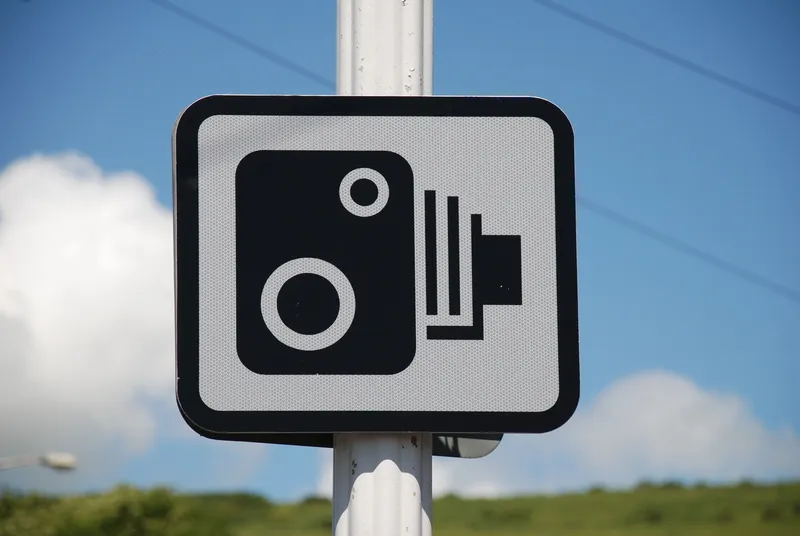The European Traffic Safety Council (ETSC) has welcomed the publication of a European Commission study which evaluates the effects of the implementation of Directive 92/6/EEC on speed limitation devices. The study recommends, as ways of improving the Directive’s effectiveness, exploring the options of introducing intelligent speed assistance (ISA) to the vehicles currently covered by the legislation, as well as extending its requirements to some light commercial vehicles.
“ETSC welcomes today’s publicati
November 11, 2013
Read time: 2 mins
The European Traffic Safety Council (ETSC) has welcomed the publication of a 1690 European Commission study which evaluates the effects of the implementation of Directive 92/6/EEC on speed limitation devices. The study recommends, as ways of improving the Directive’s effectiveness, exploring the options of introducing intelligent speed assistance (ISA) to the vehicles currently covered by the legislation, as well as extending its requirements to some light commercial vehicles.
“ETSC welcomes today’s publication as a next significant step in rolling out ISA technologies in the EU. Speed is the biggest risk factor leading to deaths and injuries on EU roads. As such, action to observe better compliance with speed limits across the EU is fundamental if we are serious about reducing the unacceptably high Toll – in terms of loss of life and limb as well as material costs – of traffic collisions,” said Antonio Avenoso, ETSC executive director upon the publication of study exploring the use of in-vehicle speed management technologies for commercial vehicles.
“The large-scale introduction of in-vehicle speed management technologies, starting with commercial vehicles in the EU, would implement a long standing recommendation of ETSC,” added Avenoso.
Given the high risk of speeding, ETSC believes that efforts should be made, at all the appropriate policy-making levels, to improve speed management and compliance with speed limits.
“ISA is simply an in-vehicle technology aimed to improve road safety by increasing compliance with the posted speed limits,” said Avenoso. “Moreover, compared with other options to manage speed and ensure compliance with speed limits – such as traffic calming or traditional police enforcement – ISA would prove less costly to implement and garners higher levels of public support.”
“ETSC welcomes today’s publication as a next significant step in rolling out ISA technologies in the EU. Speed is the biggest risk factor leading to deaths and injuries on EU roads. As such, action to observe better compliance with speed limits across the EU is fundamental if we are serious about reducing the unacceptably high Toll – in terms of loss of life and limb as well as material costs – of traffic collisions,” said Antonio Avenoso, ETSC executive director upon the publication of study exploring the use of in-vehicle speed management technologies for commercial vehicles.
“The large-scale introduction of in-vehicle speed management technologies, starting with commercial vehicles in the EU, would implement a long standing recommendation of ETSC,” added Avenoso.
Given the high risk of speeding, ETSC believes that efforts should be made, at all the appropriate policy-making levels, to improve speed management and compliance with speed limits.
“ISA is simply an in-vehicle technology aimed to improve road safety by increasing compliance with the posted speed limits,” said Avenoso. “Moreover, compared with other options to manage speed and ensure compliance with speed limits – such as traffic calming or traditional police enforcement – ISA would prove less costly to implement and garners higher levels of public support.”









